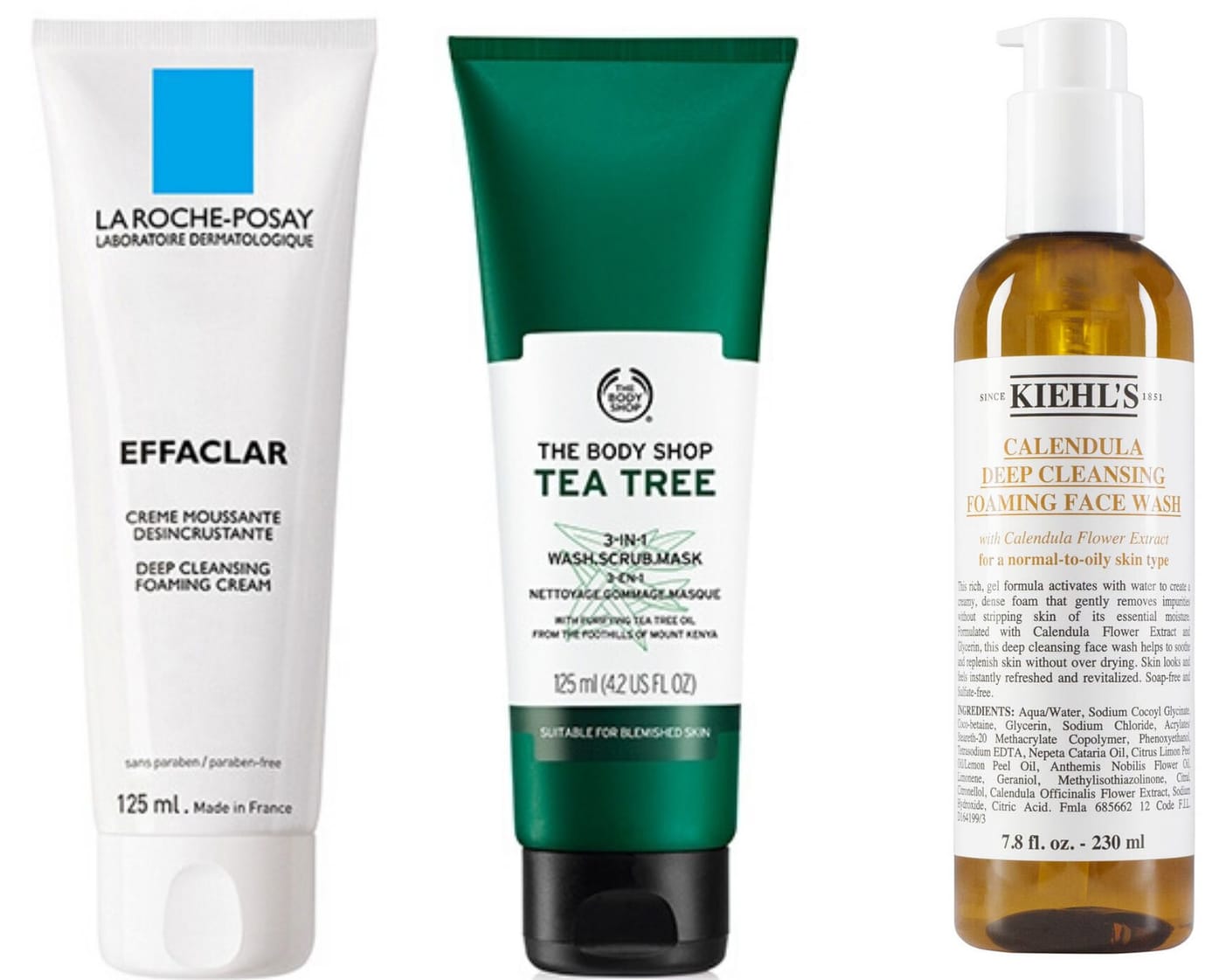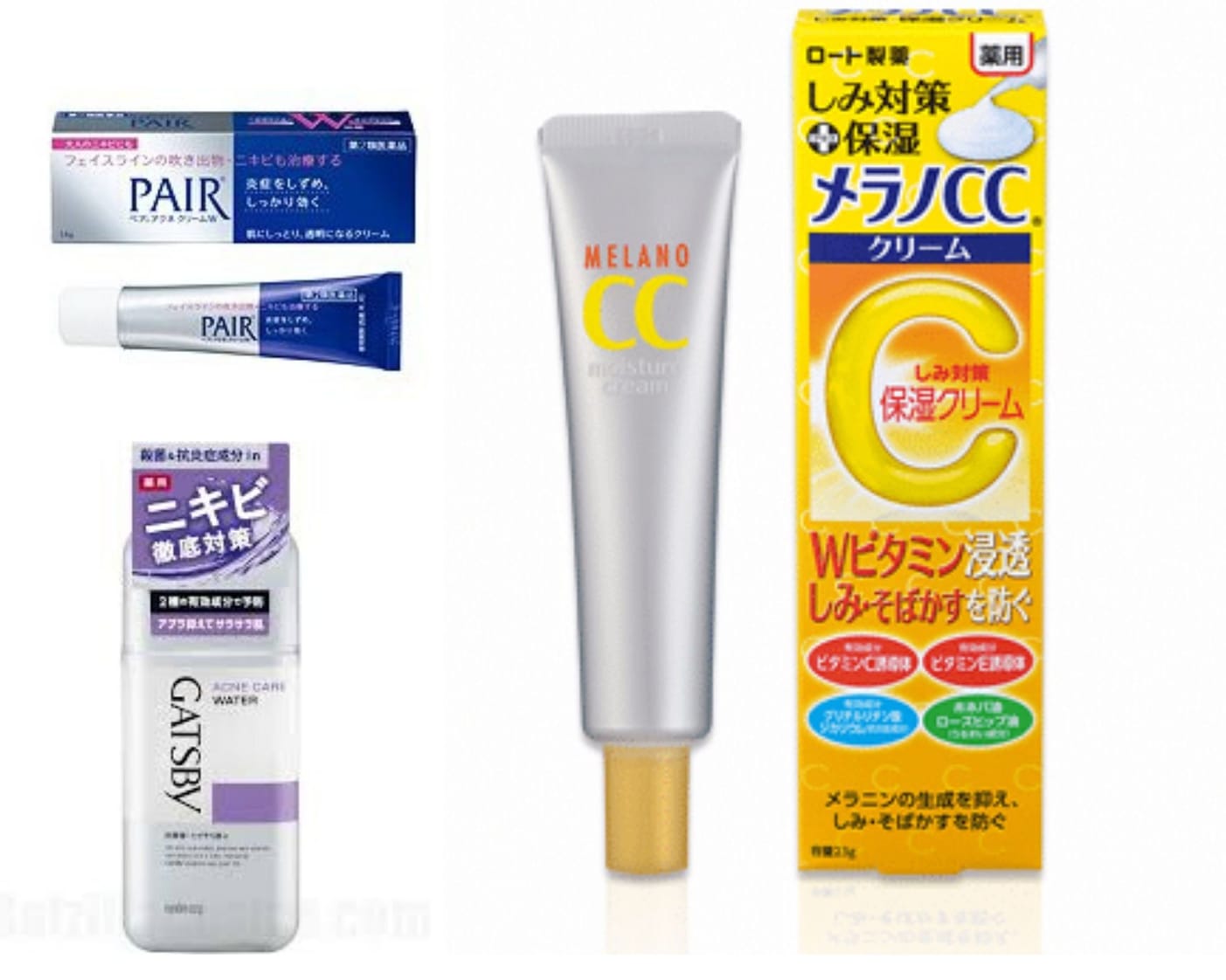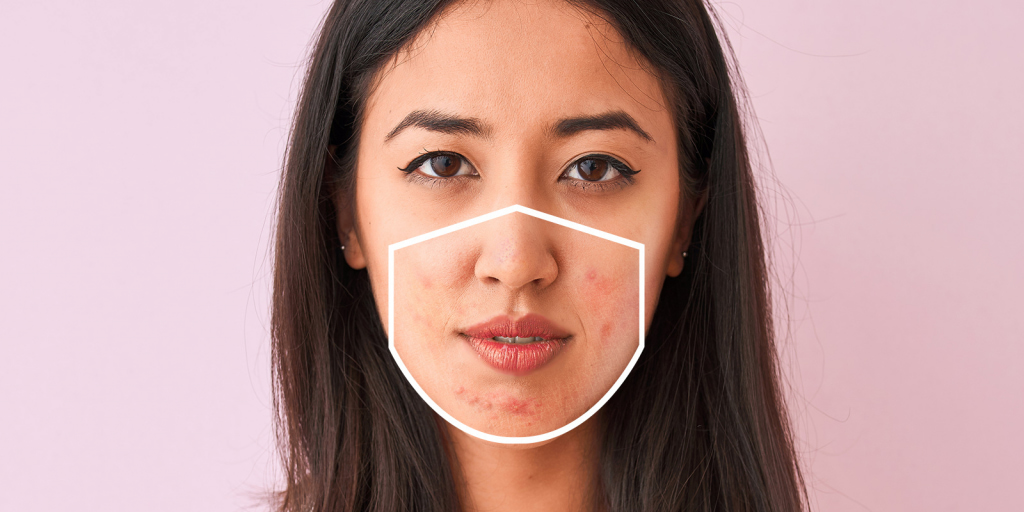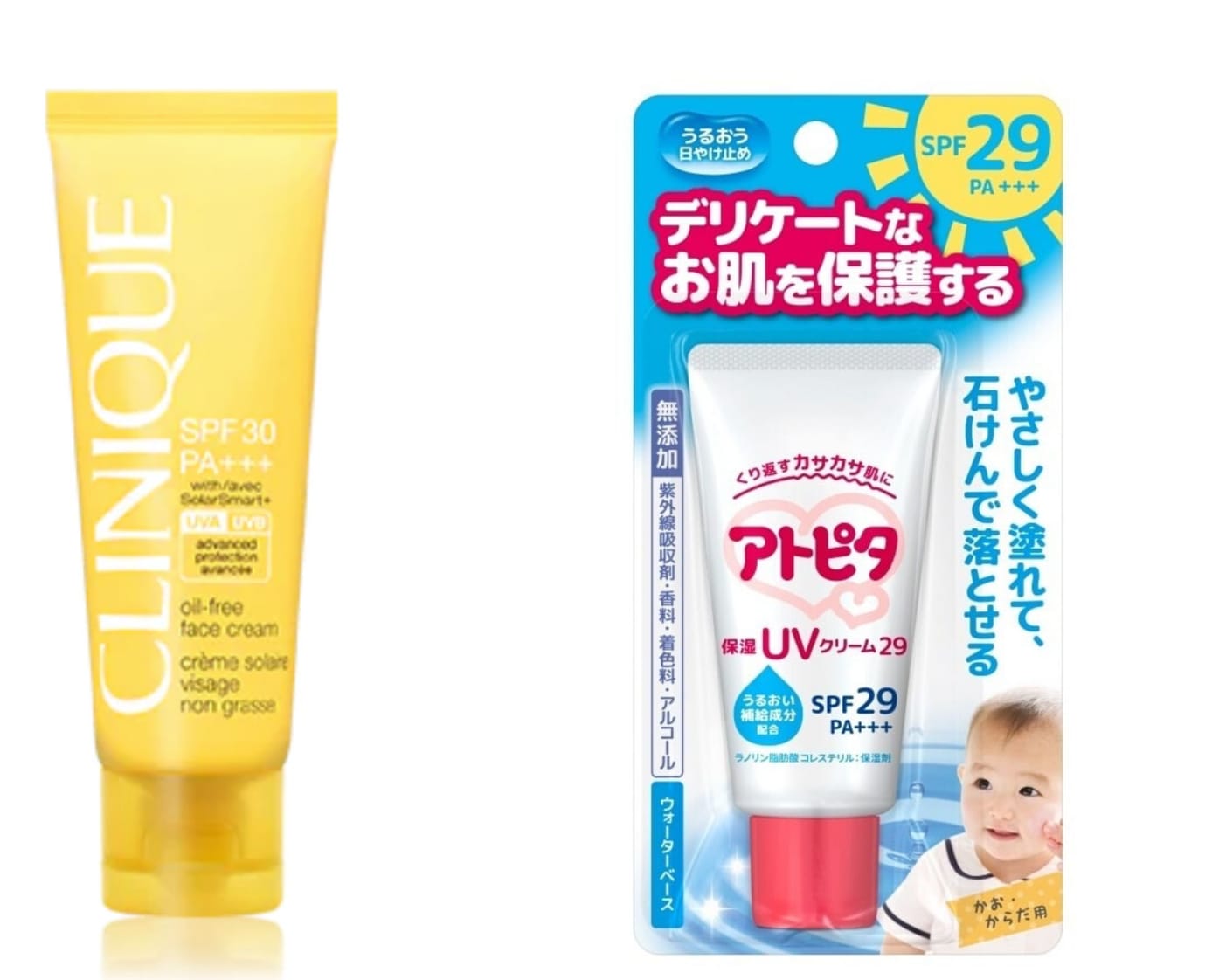Are you suffering from breakouts and irritations under your face mask? You’re not alone. So many people have complained about skin issues in the past several months that we now have a trending term for it: “maskne” (mask + acne). It was cleverly developed after people across the globe began observing unprecedented breakouts and various skin conditions as a result of a continuous usage of face masks amid the fast-spreading Covid-19 pandemic.
Face masks have become the accessory of 2020, an essential attribute to our daily routines and the most accessible item to protect ourselves and others from the fast-spreading virus. But they come at the expense of the perfect skin condition.
View this post on Instagram
The maskne mechanism
Clinically regarded as acne mechanica, maskne is the result of friction against the skin caused by the prolonged use of any protective face masks. It is also the result of the moist, humid environment caused by your nose and mouth being covered for a prolonged period of time. Hot, moist, sweaty — the discomfort of all this combined gives the perfect breeding grounds for bacteria, increased sebum (oil) production, and clogged pores.
It’s not pretty. There are tiny little whiteheads in the areas where your face mask contacts your skin directly, and sometimes there are even more severe cases when the acne looks like a diaper rash spread across the lower half of your face.
“Look for a face cleanser that contains salicylic acid, tea tree oil, or even calendula extract.”
Acne (in various forms) has been one of the predominant skin problems of the first half of the year, mainly due to stress and anxiety, lack of exercise and a healthy diet, combined with over-cleansing or over-doing it with home-treatments. Yes, you can indeed cleanse your face too much, which essentially causes you to have dry skin. This then leads to the overproduction of sebum to compensate for dehydration — which altogether results in breakouts.
Maskne treatment: What can we do to protect our skin?
The most important thing you can do to prevent irritation and unwanted breakouts is to keep your face well cleansed and adequately moisturized. In other words, following a simple yet effective skincare routine is crucial. Here are a few key steps to follow to help ensure your skin is face mask-prepped, ready and more resistant to unwanted irritations.
Cleanse: Before and After
A good face cleansing routine is essential when wearing a mask regularly. Make sure you wash your face before and after wearing a face mask. To prevent over-cleansing, stick to a morning and before-bed routine. Look for a face cleanser that contains salicylic acid, tea tree oil, or even calendula extract. All three ingredients help to remove excess oils as well as properties that help to prevent flareups caused by bothered pores.
For those in-between moments throughout the day, gently wash (wipe down) your face with a warm face towel. The steam from the face cloth will help remove built-up oil and dirt, helping to unclog your pores. For those looking for recommended cleaning products, La Roche-Posay Effaclar Foaming Cleanser (¥2,750), The Body Shop’s Tea Tree Squeaky-Clean Scrub (¥3,300) and Kiehl’s Calendula Deep Cleansing Foaming Face Wash (¥3,740) are three of the best to start with.

Moisturize: Use non-comedogenic (oil-free) products
Keeping your skin hydrated and well-moisturized maintains the strength of your skin’s moisture barrier, assuring that all unwanted bacteria are blocked. After cleansing your skin in the morning, apply a lightweight moisturizer and let it dry for a few minutes before putting your face mask on. Even if you tend to have oily or acne-prone skin, a moisturizer will still help your skin to stay balanced and in optimal shape. This is essential for protecting yourself from developing maskne. Recommended products: Clinique Oil-Free Face Cream (¥4,180) and Atopita UV Cream (¥884).
Try Going Aux-Natural (Make-Up Free)
Consider skipping foundations and concealers while wearing a face mask. Their heavy formulations, combined with the enhanced humidity under the mask, could affect your skin’s sebum production and potentially lead to an increase in clogged pores and breakouts. Take advantage of this time to let your skin breathe. If you’re still really itching for the creative release of some makeup, shift your application to just around your eyes.
Treat: Products for Sudden Breakouts and Irritations
If you’ve already experienced a bit of irritation or redness from mask-to-skin friction, it’s crucial to start spot treatment immediately. After removing your mask, wash your face with warm water and a gentle cleanser, then apply the cream or gel to the affected areas. Safe, non-prescription acne spot treatments to look for should include ingredients like benzoyl peroxide, salicylic acid, and or tea tree oil. If the acne or breakouts persist for more than a few weeks, make sure to consult a dermatologist. The following products, which can be found in most Japanese drugstores and online, may help as first aid. MelanoCC (¥956), Gatsby Acne Water (¥547), Pair Acne Cream (¥458).

Though many countries are beginning to reopen their societies and borders, global fear of second Covid-19 waves may continue to impose the new reality of living in self-isolation, social distancing — and face mask wearing for a bit longer than we expect. What we can do in the meantime, however, is adapt to the current lifestyle while taking specific measures to ensure that we’re living in the healthiest possible way we can, given the circumstances. Maintaining a strong skin barrier, keeping up with good hygiene, and staying positive, is what can help us get through what may be our reality for the foreseeable future.










